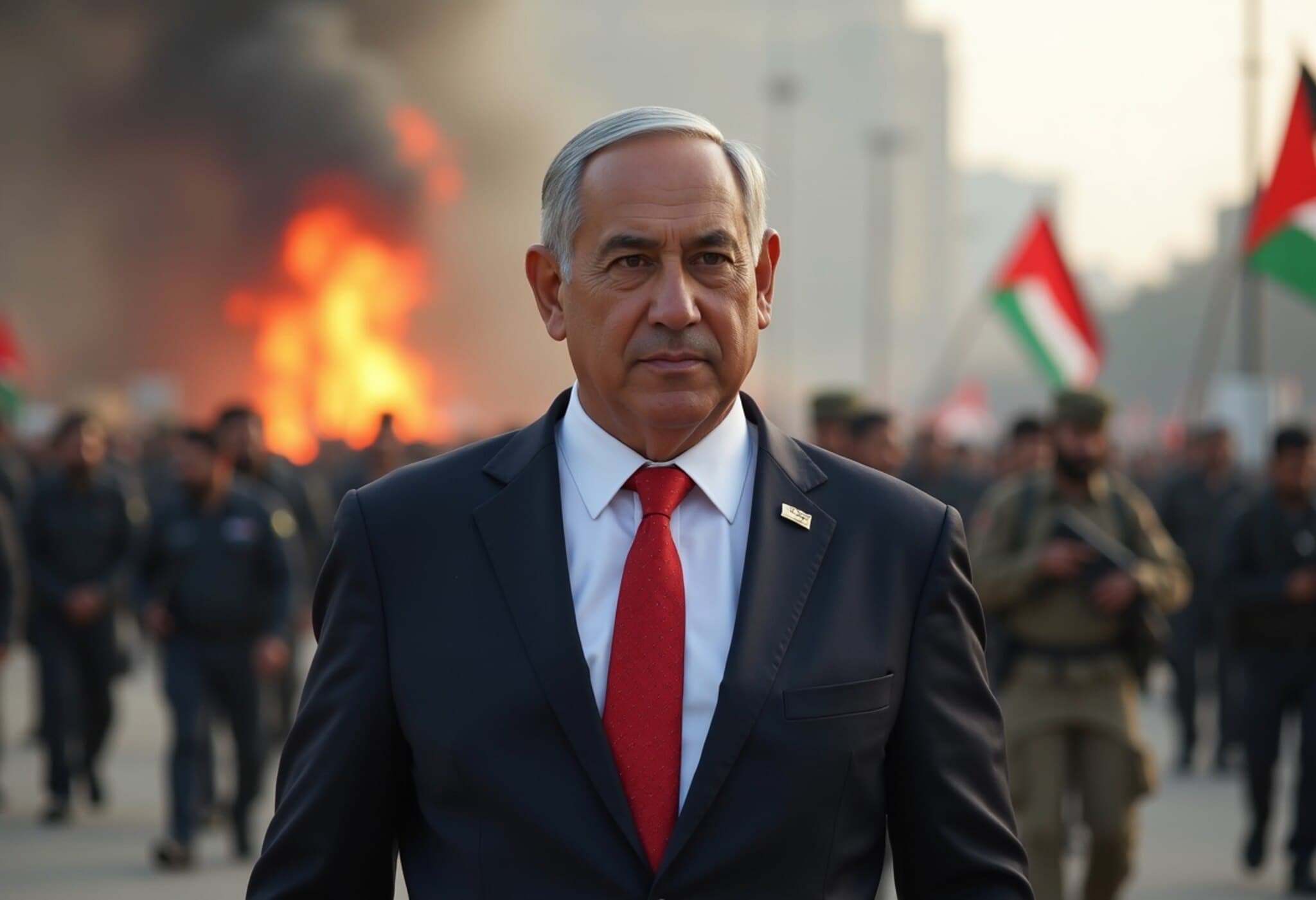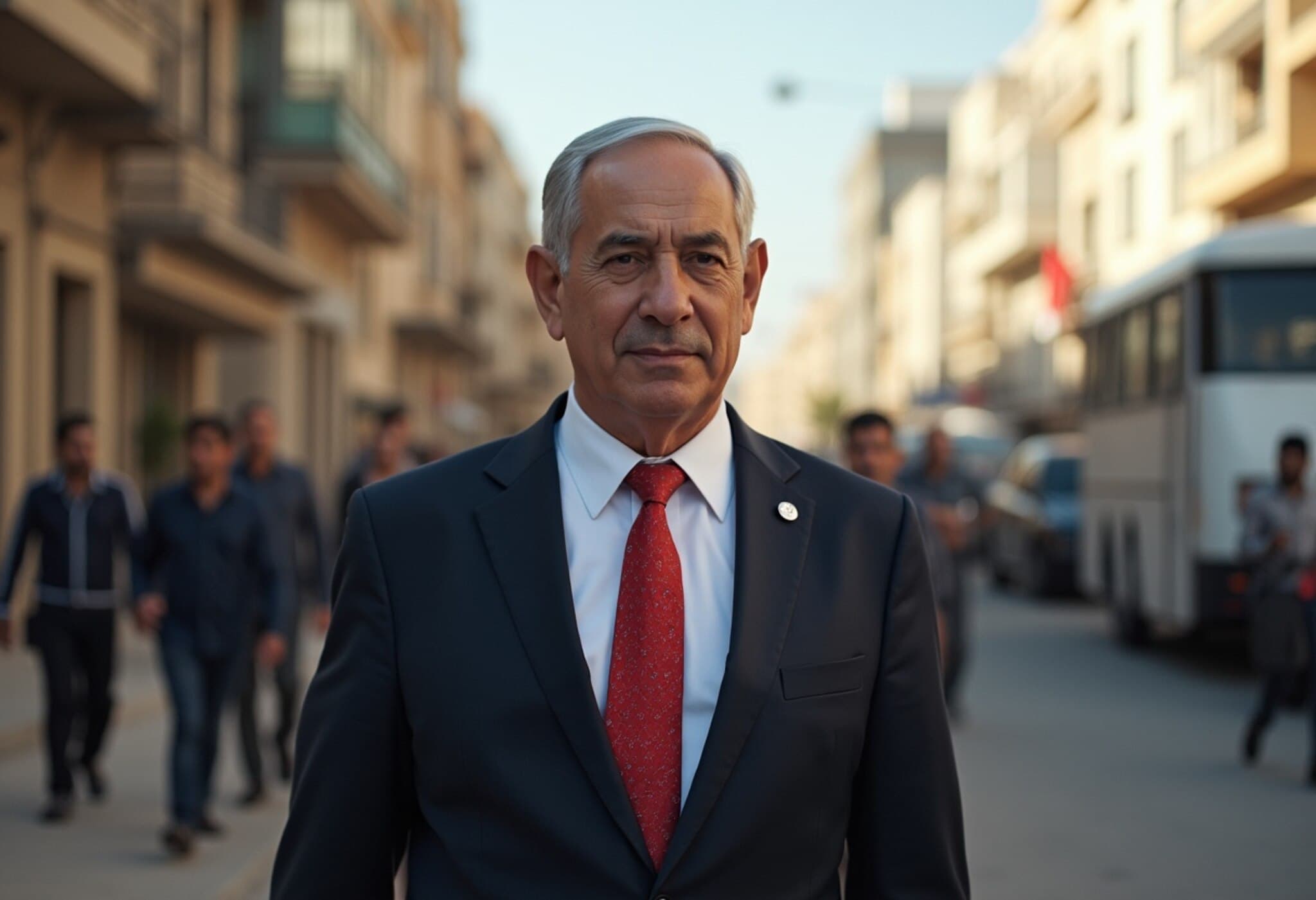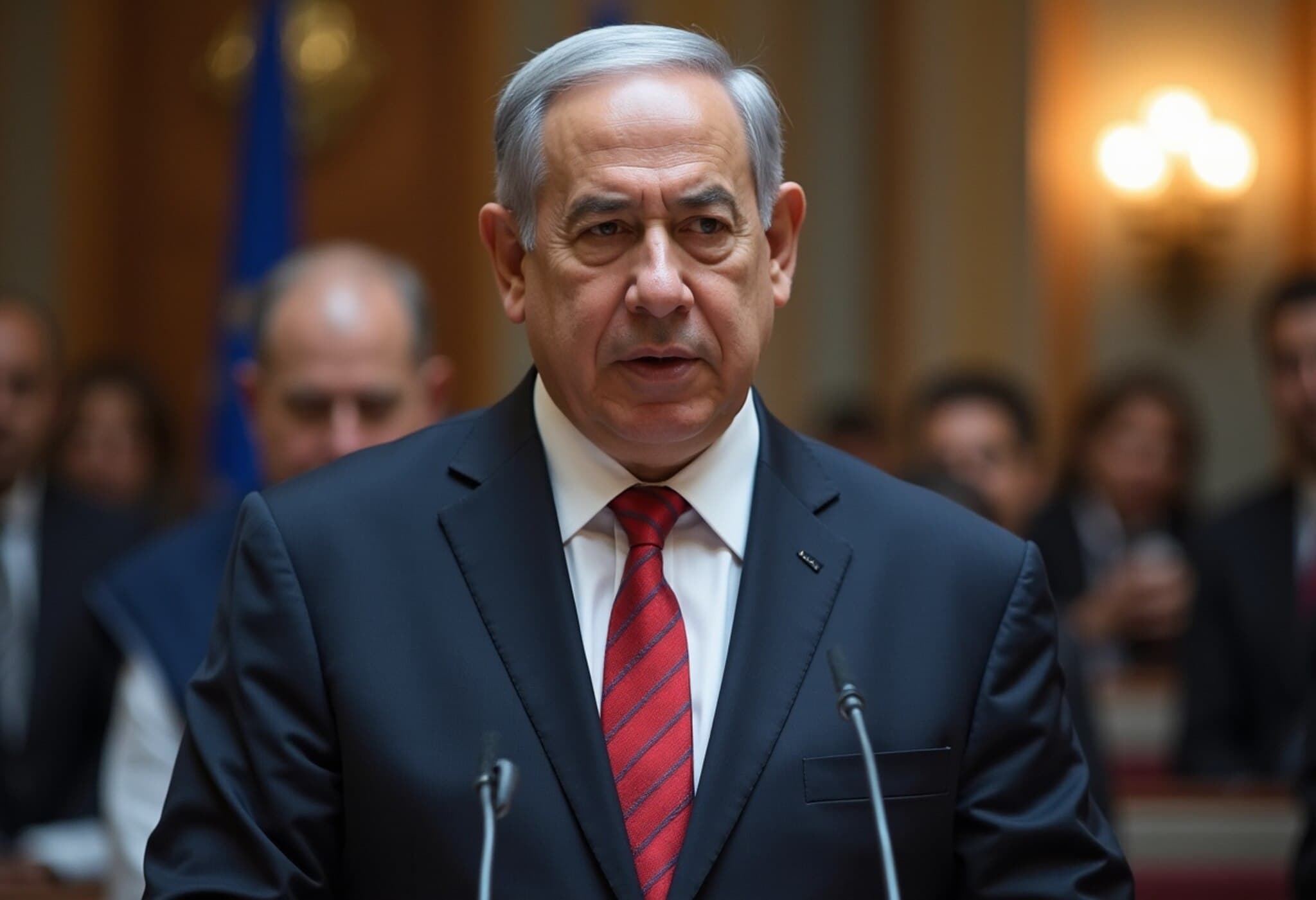Israel Considers Military Escalation and Annexation Following Ceasefire Breakdown
As ceasefire negotiations between Israel and Hamas collapse, Israeli Prime Minister Benjamin Netanyahu faces critical decisions regarding the future of Gaza. With diplomatic efforts stalling, Israel is exploring a range of options — from intensified military operations to the contentious possibility of annexing parts of the Gaza Strip and imposing direct military rule.
Diplomatic Deadlock and U.S. Mediation Efforts
Last week, U.S. Middle East envoy Steve Witkoff visited Israel with hopes of breaking the impasse. The talks, facilitated indirectly in Doha, aimed to secure a 60-day ceasefire incorporating humanitarian corridors for aid and a hostage exchange: Hamas would release half of the captives held in Gaza in return for the liberation of Palestinian prisoners detained in Israeli jails.
Despite these efforts, the negotiations failed to yield a breakthrough. A senior Israeli official remarked that an understanding was developing between Washington and Jerusalem that a longer-term deal might require disarming Hamas and demilitarizing Gaza — conditions Israel sees as fundamental to ending the conflict.
Rising Tensions Within Israeli Leadership
However, voices within Israel's political and military circles diverge sharply on the path forward. Some leaders, including Finance Minister Bezalel Smotrich and National Security Minister Itamar Ben-Gvir, advocate for imposing military rule over Gaza followed by annexation and reinstatement of Jewish settlements removed two decades ago. This controversial stance ignites memories of past conflicts and raises alarm about regional stability.
The Israeli Defense Forces (IDF), meanwhile, express caution. Military officials warn that an expanded offensive could endanger the estimated 20 hostages still alive in Gaza. Israel’s military chief, Lt. Gen. Eyal Zamir, has voiced frustration over the absence of clear political guidance, warning of being drawn into a potentially prolonged conflict.
Strategic Challenges and Regional Dynamics
What 'military defeat' of Hamas entails remains a subject of debate. While Israel contemplates annexation as leverage against Hamas, many experts highlight the immense legal, humanitarian, and geopolitical risks involved in extending sovereignty over Gaza, a territory with over two million people and dire humanitarian conditions.
On the diplomatic front, Qatar and Egypt recently backed a joint French-Saudi declaration advocating a two-state solution. This initiative calls on Hamas to disarm and cede control to the Palestinian Authority — a proposal Hamas has rejected, reinforcing their unwillingness to relinquish power unless agreed upon internally by Palestinians.
Balancing Military Objectives with Humanitarian Concerns
Israel’s Foreign Minister Gideon Saar underlined the persistent challenges: “We would like to have all our hostages back. We would like to see the end of this war. We always prefer to get there by diplomatic means, if possible.” Yet, he acknowledged the stark reality — the conditions to end the war remain elusive.
This delicate interplay between military actions, political ambitions, and humanitarian imperatives encapsulates the complex dilemma Israel faces. As the world watches, the decisions made in the coming weeks will deeply influence the trajectory of Israeli-Palestinian relations and the broader Middle East stability.
Expert Insight: Navigating a Complex Crossroads
From an American policy perspective, this situation underscores a challenging balancing act. The U.S. supports Israel’s right to defend itself but also champions a diplomatic resolution to prevent further regional destabilization. The debate over annexation harkens back to previous contentious moves, such as the annexation of East Jerusalem and the West Bank settlements, which drew international criticism and complicated peace talks.
Moreover, imposing military rule on Gaza would raise significant legal and ethical questions under international law, as Gaza remains a densely populated civilian territory. The potential humanitarian fallout could exacerbate global criticism and stiffen resistance to long-term peace prospects.
Critical Questions Moving Forward
- Can the Israeli government reconcile internal divisions to formulate a coherent, strategic approach toward Gaza?
- What diplomatic avenues remain viable given Hamas’s refusal to disarm?
- How will renewed military operations impact the surviving hostages and civilian population?
- What role should international actors play to encourage a sustainable, just resolution?
Editor's Note
As Israel contemplates bold steps — from expanding military offensives to annexation — the region teeters on the edge of profound transformation. Beyond immediate military calculations, these decisions carry far-reaching consequences for humanitarian conditions, international law, and geopolitical alliances. Readers should watch closely for how Israel balances its security priorities with the imperative for a durable peace, and the ability of global diplomacy to influence outcomes amidst deepening conflict.













